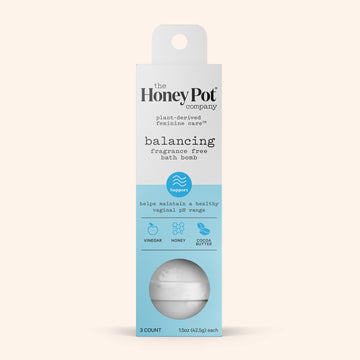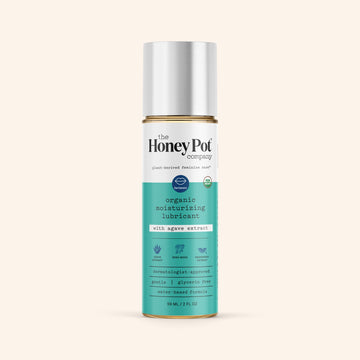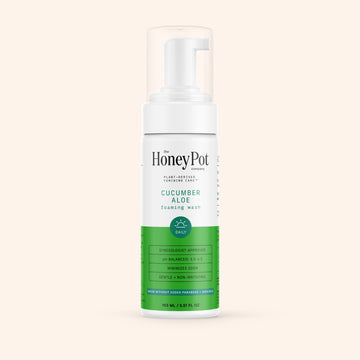
Education
Frequent Yeast Infections: What To Do
Itching, irritation, redness and a thick, white discharge... sounds like the symptoms of none other than a yeast infection. Annoying yes, and when you have one it may feel as though you are the only person to experience it, but they are incredibly common. More than 75% of women will have at least one in their lifetime and recurring yeast infections are also possible. Also known as Candidiasis, yeast infections occur when there is an overgrowth of the yeast (candida) in your vagina that throws off your sensitive vaginal pH and balance.
Below are a few tips to help with yeast infection prevention and management:
- Your menstrual cycle can disrupt your pH and cause a yeast infection. Change your pad or tampon frequently to prevent a buildup of moisture (which yeast loves) and wear breathable cotton undies always to help keep things flowing.
- Abstain from sex until your infection goes away. Having sex during a yeast infection can add to further irritation and slow down the healing process.
- Take a daily probiotic to keep the good bacteria (look for those that have strains of Lactobacillus) in your vagina healthy and abundant enough to overcome any potential overgrowths. Especially, if you’ve taken antibiotics recently, which kill ALL the bacteria in your vagina, including the good, and are often to blame for yeast infections.
- Eat foods such as Greek yogurt, kombucha and sprinkle apple cider vinegar whenever you can, to balance your pH. Cutting back on sugary foods/drinks and dairy (yeast thrive on sugar) can also help stop recurring yeast infections. Check out some more top foods for vaginal health and information about the ways your diet can affect your vagina here.
- There are a variety of holistic and over-the-counter creams and suppositories to help relieve discomfort from yeast infections. We recommend using our feminine wash daily. Our wash includes all-natural ingredients which is actually produced by Lactobacillus (good) bacteria in the vagina naturally to break down an overgrowth of yeast, and Lactic Acid.
It’s always a good idea to see your gynecologist if you have recurrent yeast infections and/or recently started any new medications, have diabetes, or a weakened immune system for any reason.







